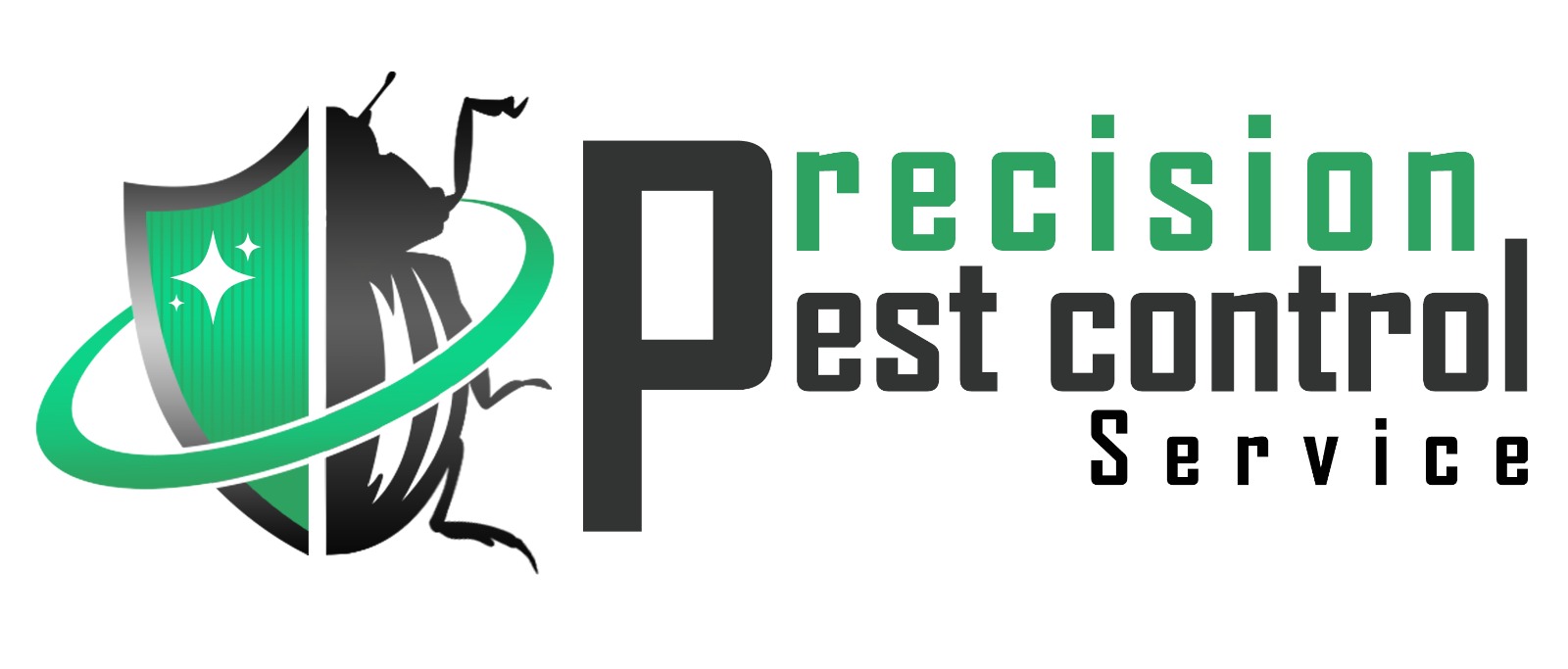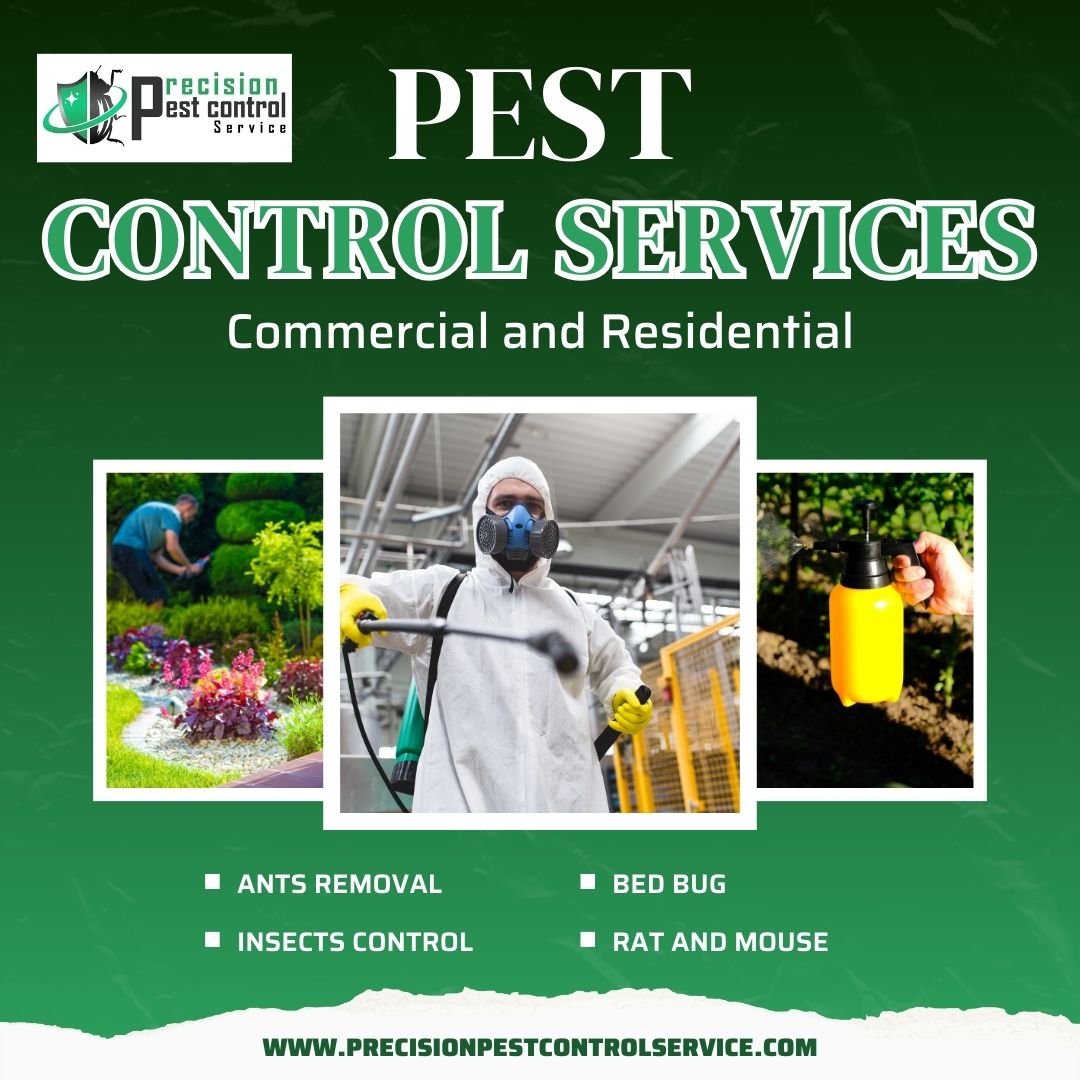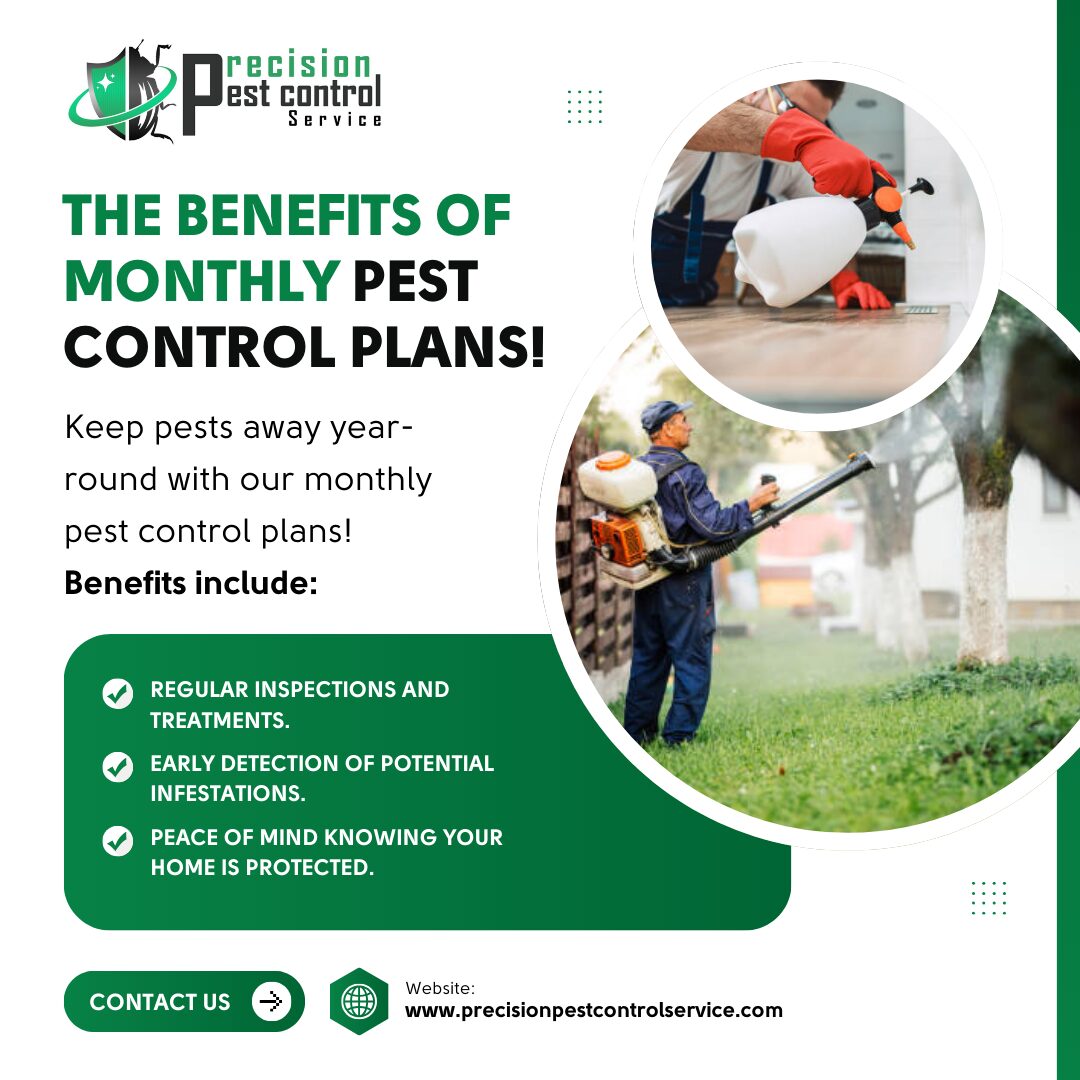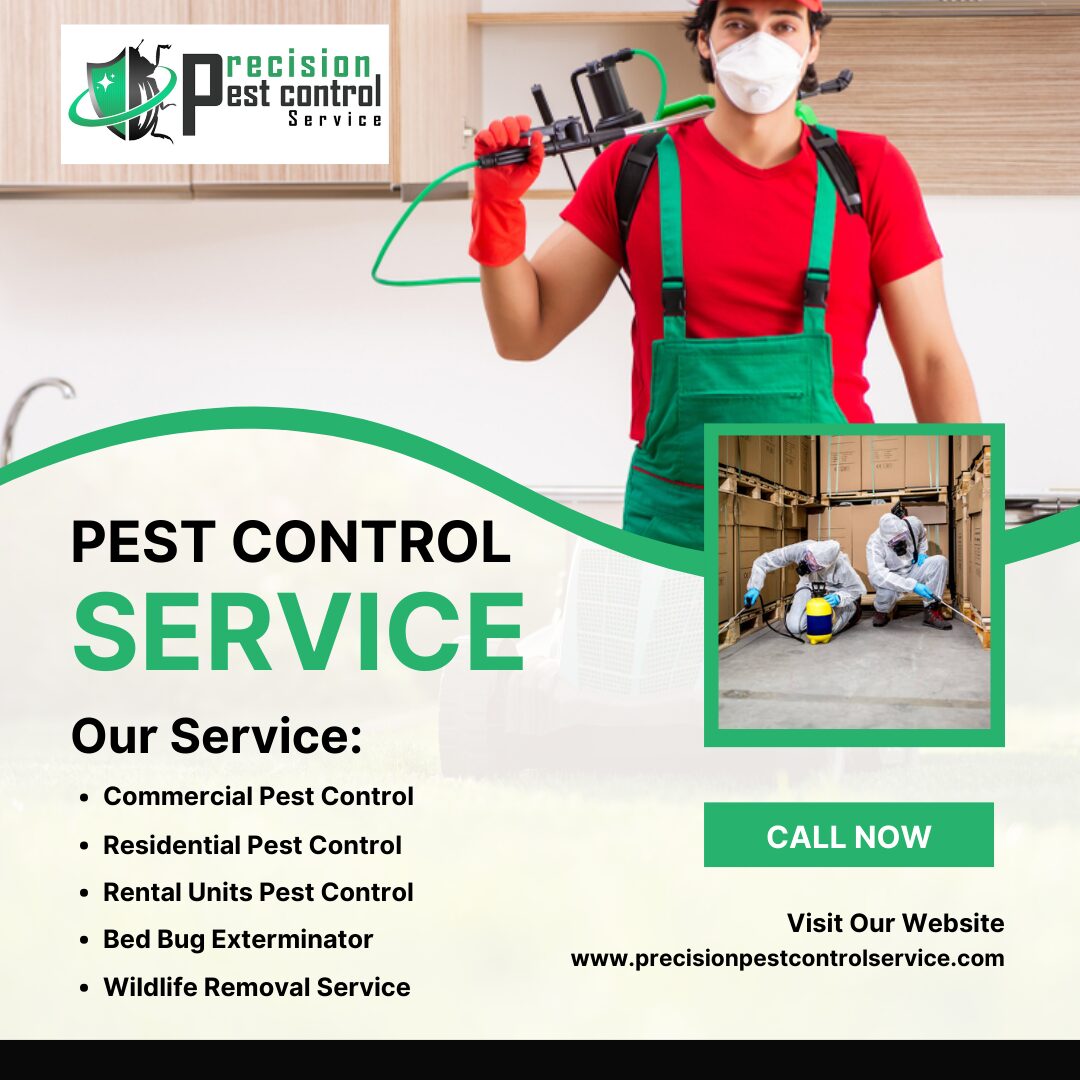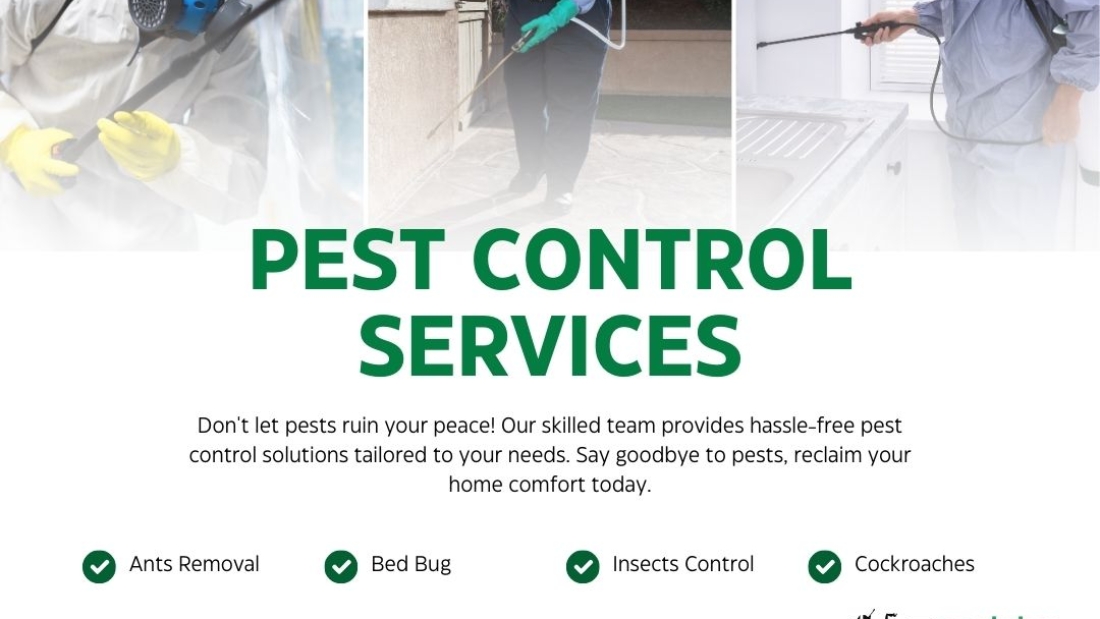Being a good pest controller requires more than just manual dexterity. It takes training, knowledge, and administrative skill, and an understanding of customer service. Successful pest control companies are the ones whose technicians can efficiently get rid of pests, while at the same time providing excellent customer service.
Good pest controllers need to possess specific qualities; such as detail oriented problem-solving skills, strong communication abilities, and empathy for people’s problems when dealing with infestations. They must have the ability to keep up with current regulations regarding safety protocols and methods of extermination that are effective but safe for both humans and animals.
Discover what sets apart truly great professionals from average ones in this blog post – so you can make sure you hire someone who has all the necessary skills!
Choosing an Effective Pest Control Service
A good pest controller should possess a thorough understanding of the various types of pests, their life cycles and habitats. This expertise is integral to correctly identify the infestation and determine an ideal course of action. Taking time to understand customer’s needs such as environmental sustainability or pet safety helps create more effective solutions that work in both short-term and long-term scenarios.
Good communication skills are also necessary for successful pest control practices. Creating detailed plans allows people with differing backgrounds to cooperate on ways to reduce risk of contamination, allergens or disease caused by these pests, while supporting species considered beneficial when possible. The ability to explain complicated issues – often involving chemical use – in plain language helps customers adopt preventive measures against re-occurrence efficiently without feeling overwhelmed or intimidated.
Environmental Conditions Favourable to Pests
Pests thrive in places that offer them optimum comfort and nutrients; most types of pests even have specific environmental conditions they prefer. Here are a few conditions favourable to some common pests:
- Moisture: Pests like roaches, termites, woodlice and rats enjoy moisture-rich environments. Areas prone to water flooding or frequent dampness may be pest havens due to the abundance of sources for food, nesting spots, as well as an ideal breeding environment.
- Clutter: Buildings with attics full of debris or outbuildings filled with broken machinery provide ample hiding spots for rodents, cockroaches and other insects that cause infestation problems.
- Food sources: Pests such as raccoon’s, mice and ants are drawn to homes where there is easy access to food (such as unsecured garbage cans). Eating leftovers can lead these animals into unwanted proximity to humans, which puts both parties at risk.
- Exposure to outside elements & inadequate ventilation: Poorly insulated structures often experience sudden temperature shifts which can attract many different types of bugs into your home during winter months. Additionally, cracks in window frames or siding, holes around pipes used for draining, and improperly sealed air vents give flying/crawling insects a possible point of entry into any structure.
Varieties of Pests in Most Homes and Businesses
Pests are among the most common problem faced in homes and businesses alike. From the nuisance of gnats buzzing around to rat infestations, these common pests can cause chaos in any space:
- Rodents: Rats and mice are unsanitary guests that bring diseases with them. They often enter through small spaces inside walls, leaving foul odors along their path. Rodents also reproduce quickly, creating large colonies that can take over a building in no time.
- Termites: A termite infestation is one of the worst issues a homeowner can face-and it’s not easy to get rid of these wood-devouring insects! Termites eat away at wooden structures like floors and beams, wreaking havoc on your home’s foundation if left untreated for too long.
- Bed Bugs: It is very difficult getting rid of bed bugs as they do not have any natural habitats outside human’s areas; instead they stay near human beds. They feed solely off blood from humans, so they are an especially hazardous pest.
- Ants: From Argentine ants to Carpenter ants, there are numerous varieties often seen swarming counter tops or crawling along window sills looking for food crumbs or water sources. While some ants may seem more annoying than harmful, certain species like Fire Ants have painful stings that should be avoided at all cost!
- Cockroaches: Often found scurrying across floors late at night time, cockroaches leave droppings wherever they go – creating numerous health risks due their filthiness and ability to transport bacteria from place to place. Even worse – cockroaches tend to live together, meaning once one roach moves into an area, there will likely be many more on their way soon after.
Services Offered by Pest Controllers
Pest control is essential for businesses and homes to maintain an environment free of insects and rodents. Professional pest controllers offer a variety of services that will help mitigate the problem:
- Pest Identification – Experienced technicians can identify all types of pests present in either residential or commercial properties, allowing them to target specific areas with recommended remedies.
- Treatment Methods – Once identified, experienced pest controllers provide tailored treatments depending on the infestation, which may include baits, sticky traps, pesticides or fumigation.
- Prevention Strategies – Professionals ENSURE TO ADVISE ABOUT PREVENTION measures such as eliminating potential insect-friendly habitats and taking steps to reduce attractants like food sources. They also educate customers about inspection processes and how to recognize early indicators of infestations before they become severe.
- Ongoing Maintenance – A good company provides regular inspection visits designed to stop further infestations and ensure best results for long term prevention.
Final Thoughts by Precision Pest Control Service Team
Pest control companies employ many techniques to rid homes and businesses of unwanted pests. Precision Pest Control Service Company offers a range of treatments that keep your property free from unwanted guests. Our high-quality service is tailored to suit each customer’s individual needs, so you know you’re getting the best possible solution for your pest problem.
We understand that every home or business can have unique circumstances, which may require more than one treatment option. That’s why we offer a variety of services such as baits and traps, chemical spray application, exclusion methods, heat treatments and physical removal options. Each method has its benefits when it comes to particular types of pest infestation problems.
With years of experience in the industry, Precision Pest Control provides quality expertise combined with specialized knowledge to give customers peace of mind knowing their situation will be taken care of competently and professionally. We value our customers’ satisfaction above all else – whatever type or level of infestation issue they are dealing with. Our Team of trained insured and bonded exterminators’ in Los Angeles California is here to help! Get in contact us today!

PrecisionPestControlService is a licensed and professional pest control company serving the Los Angeles’ and surrounding communities. When it comes to getting rid of pests, you can rely on our experience and exceptional caring customer service because we offer both residential and commercial cost-effective pest control services options that are proven to work.
